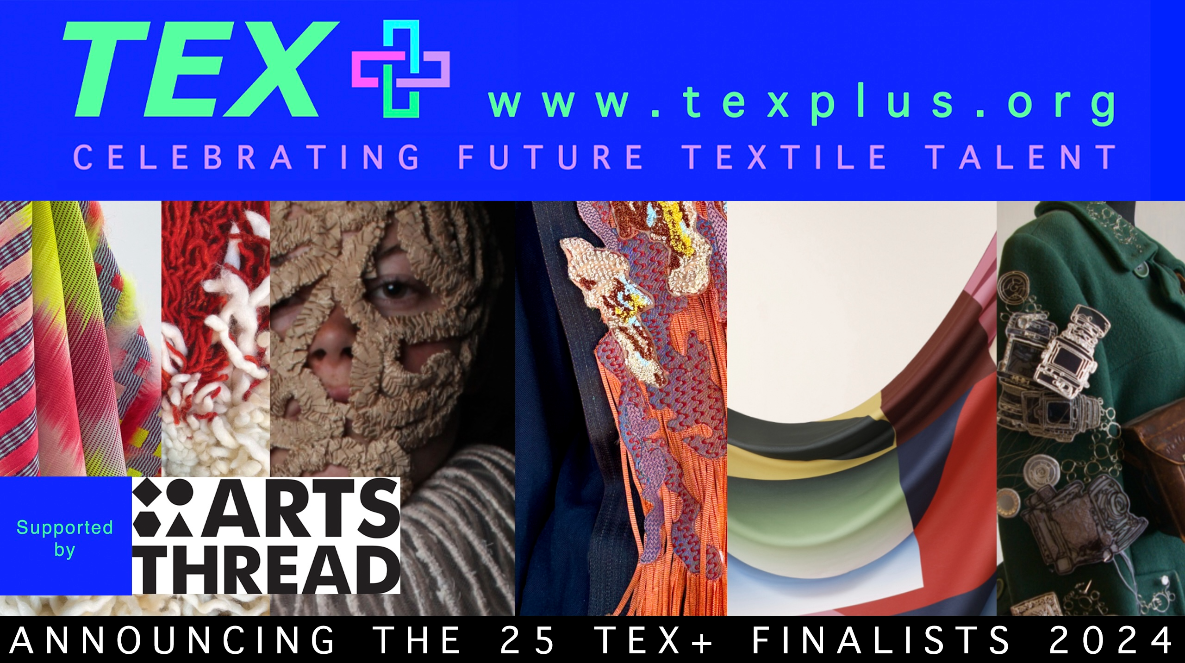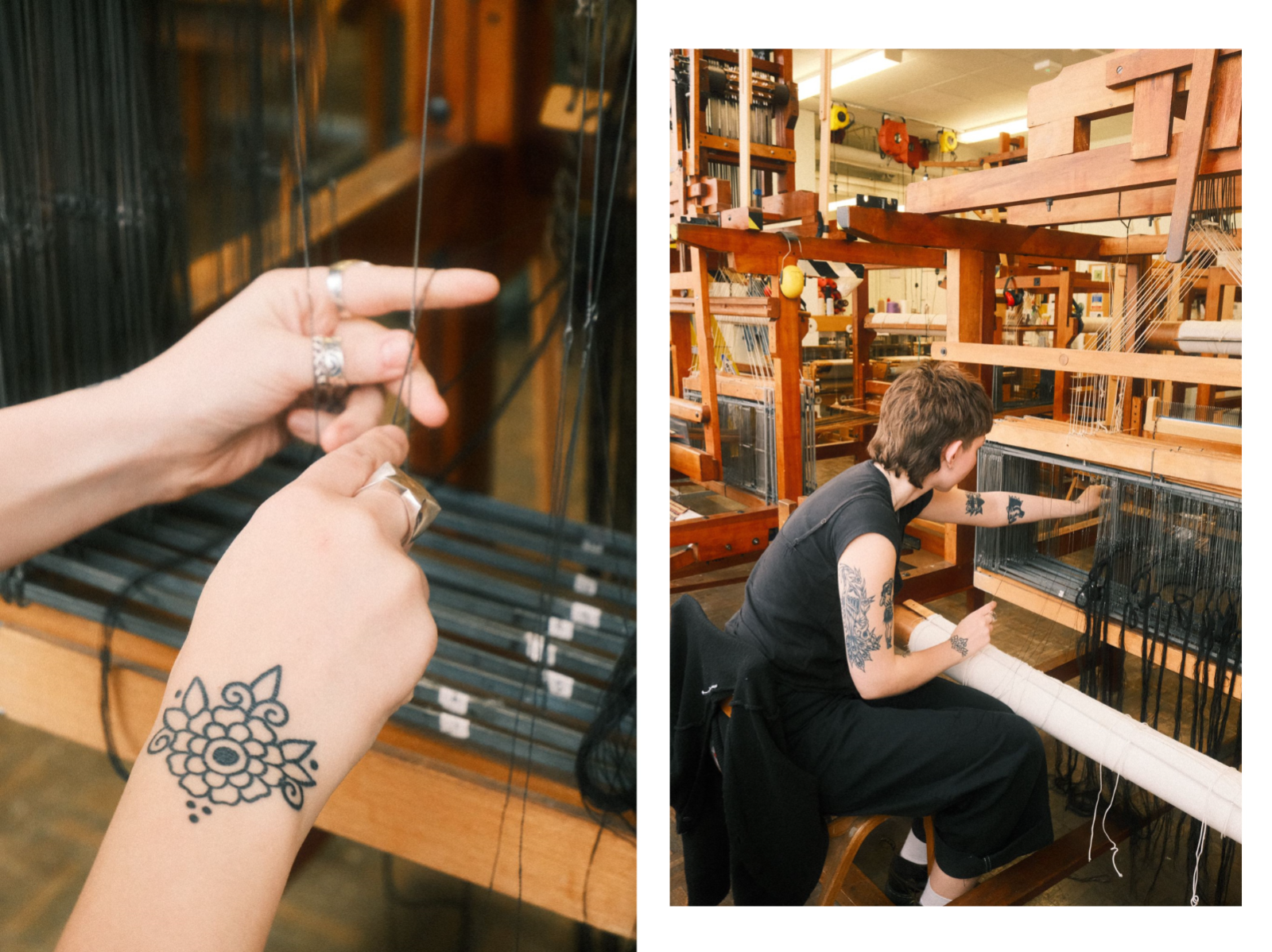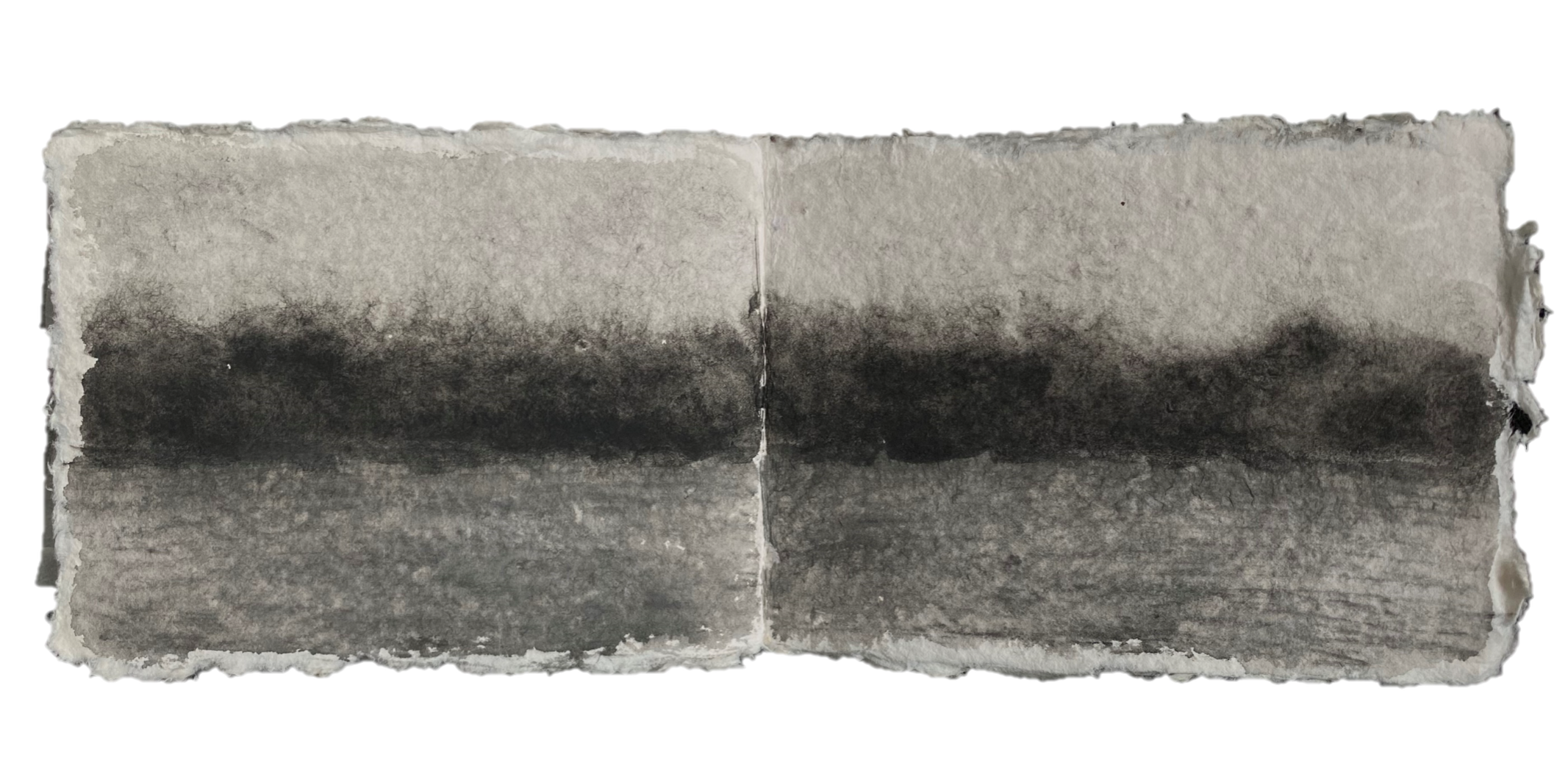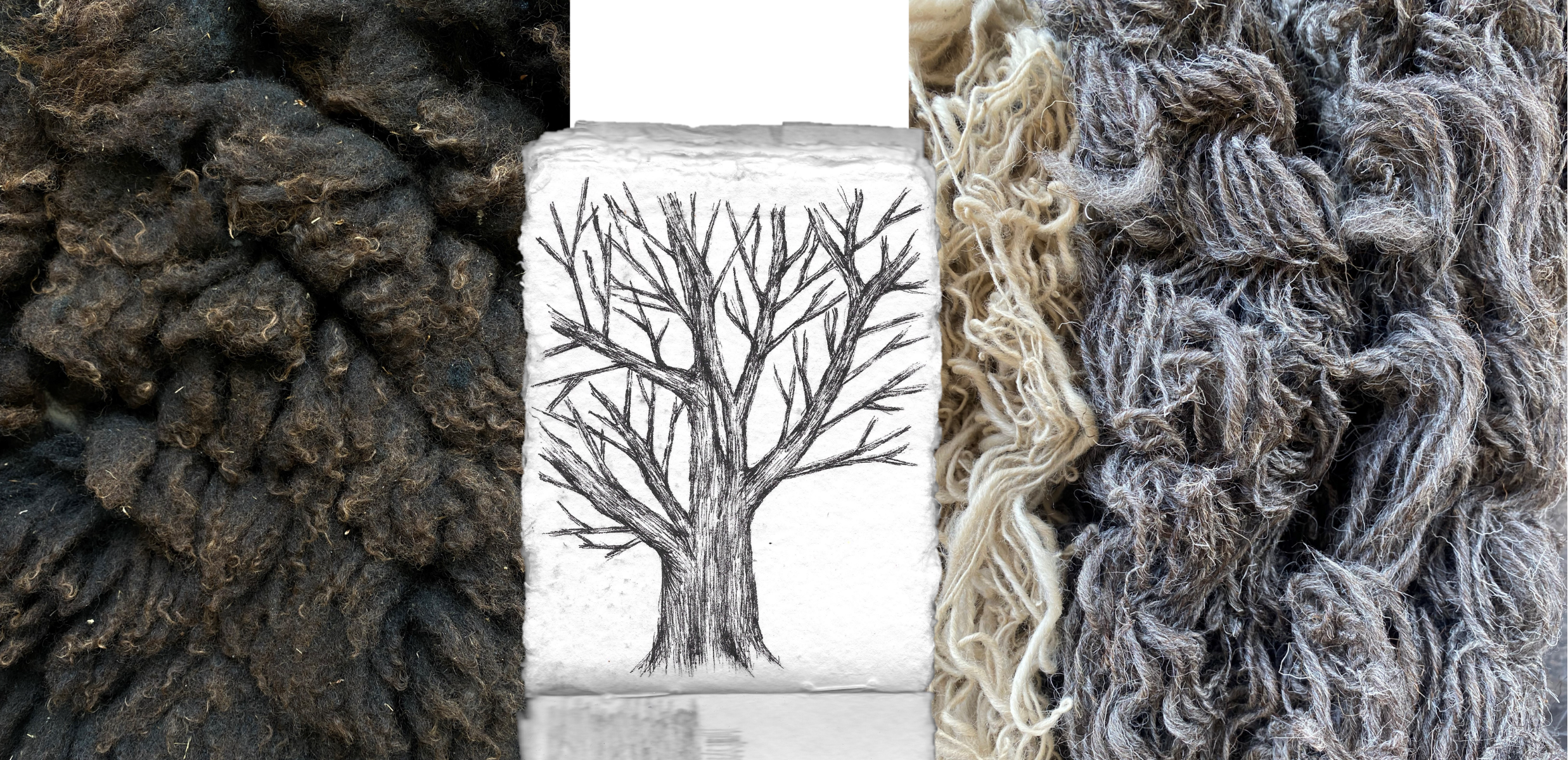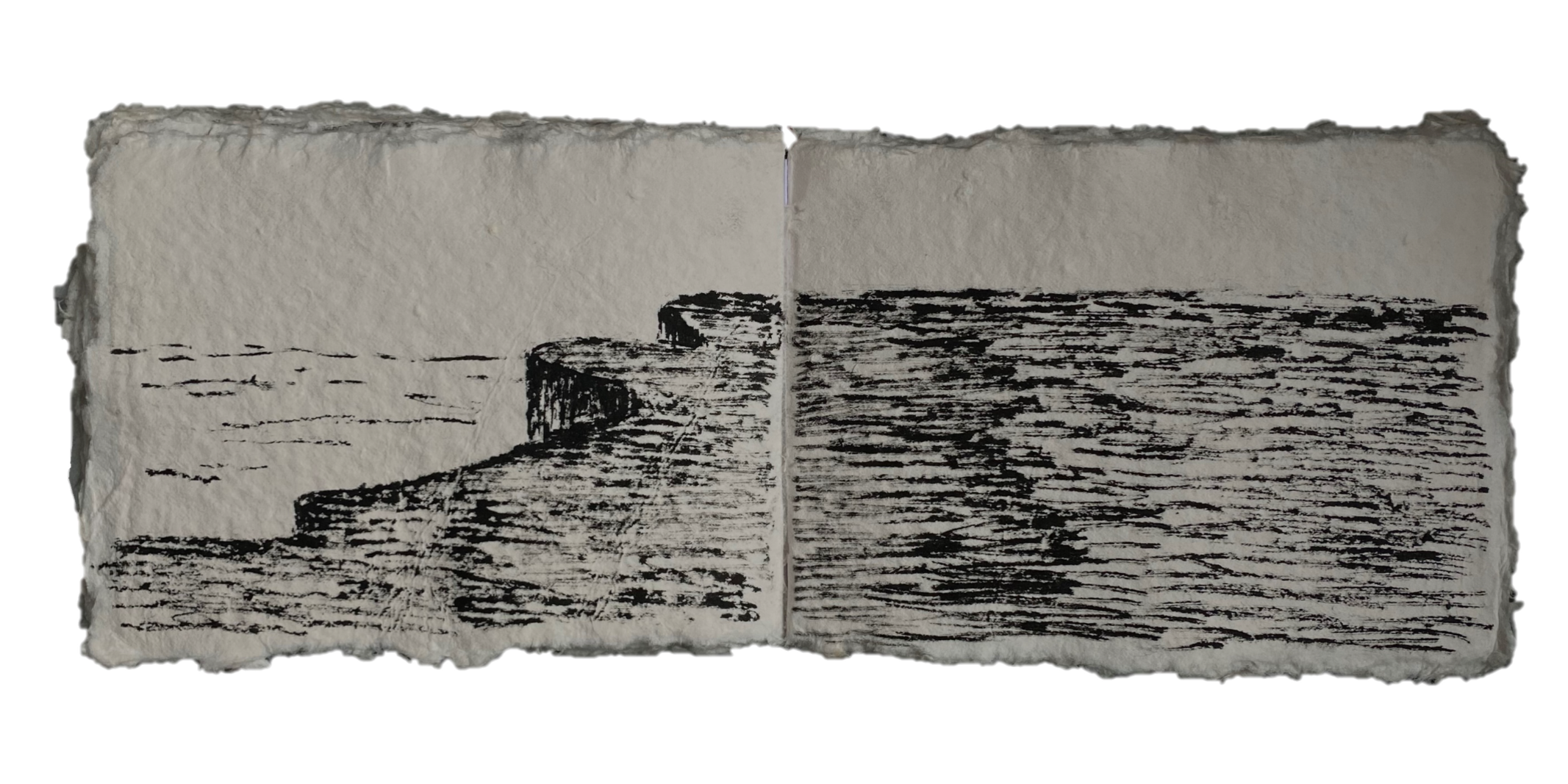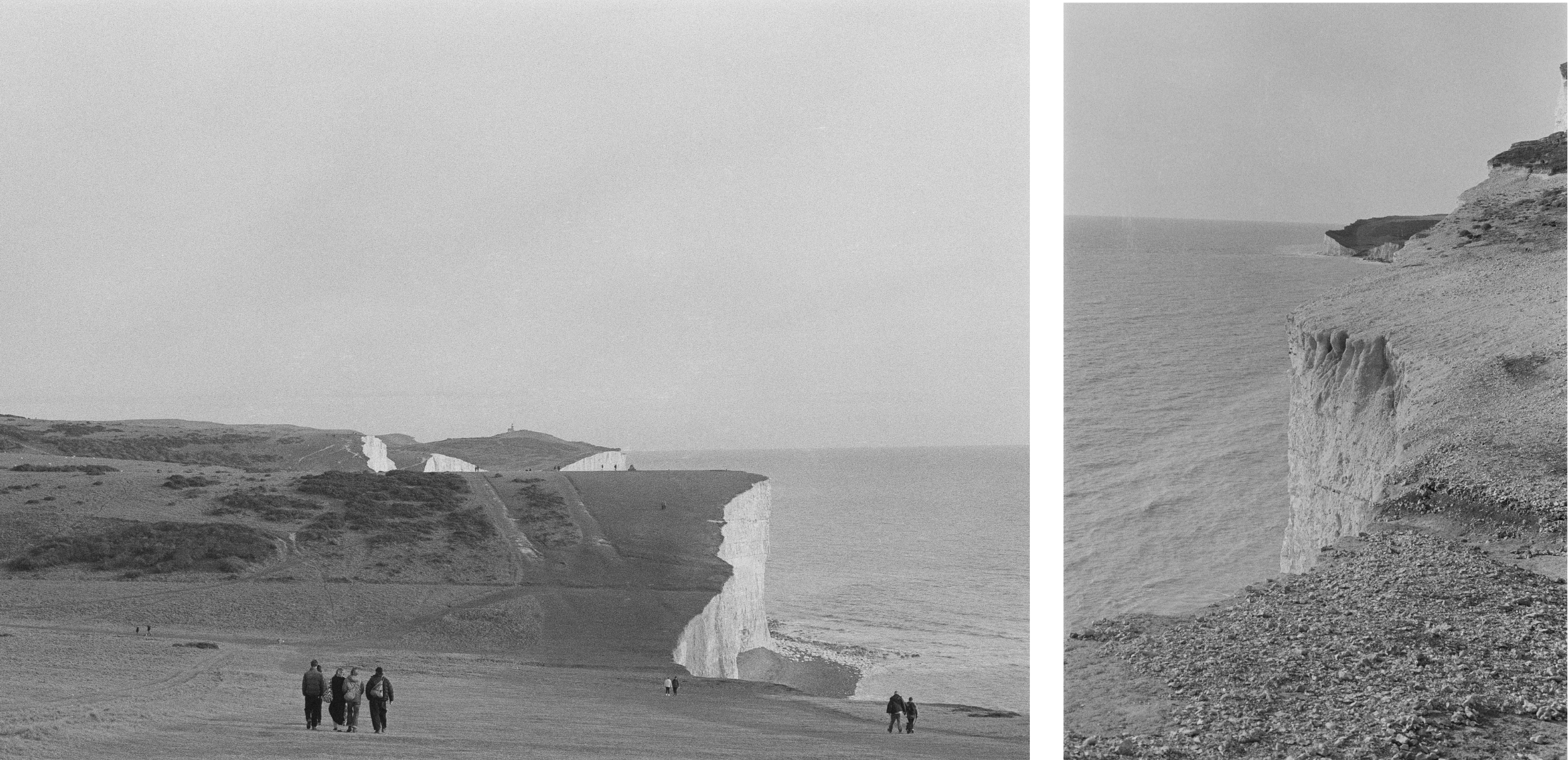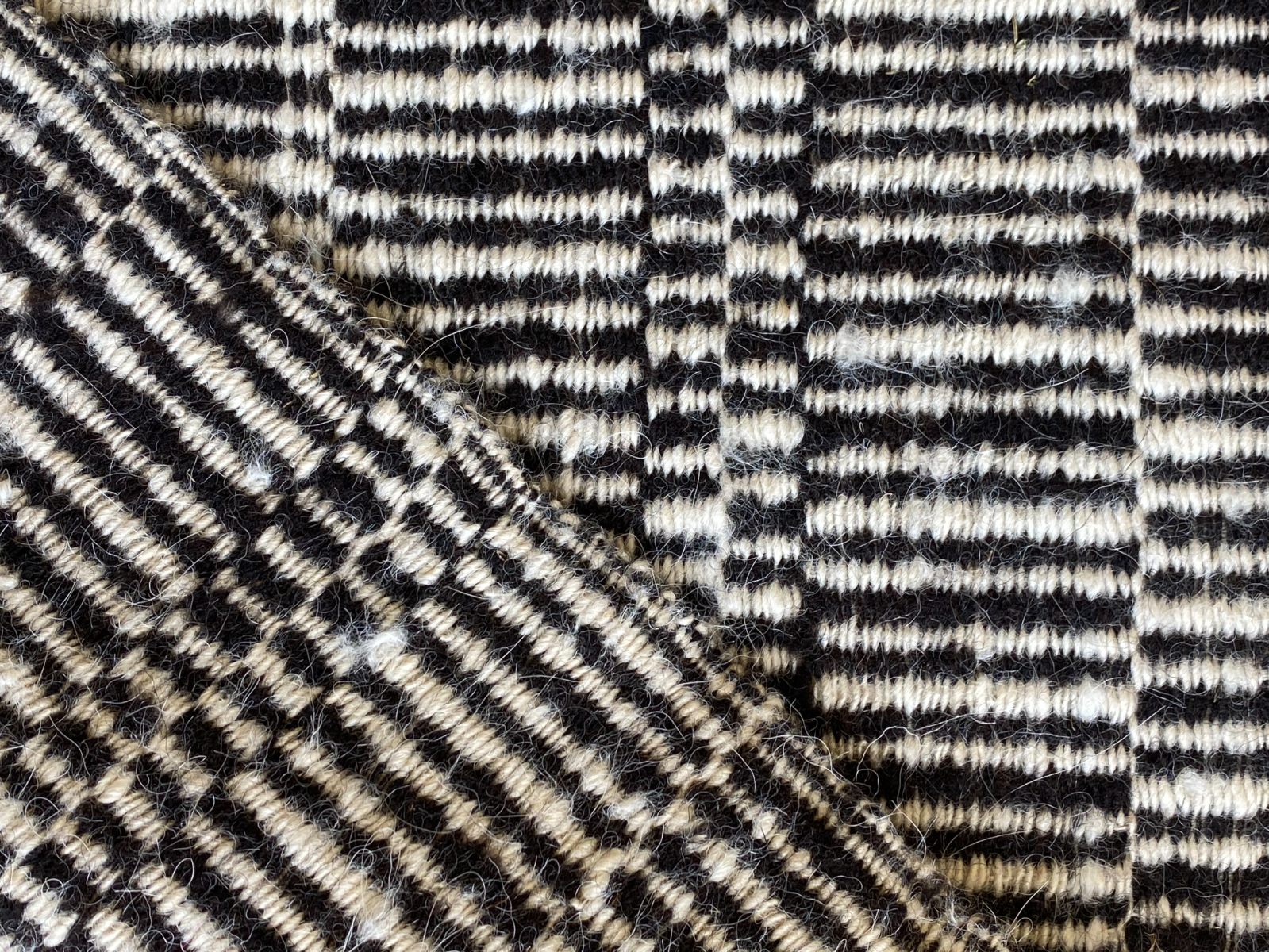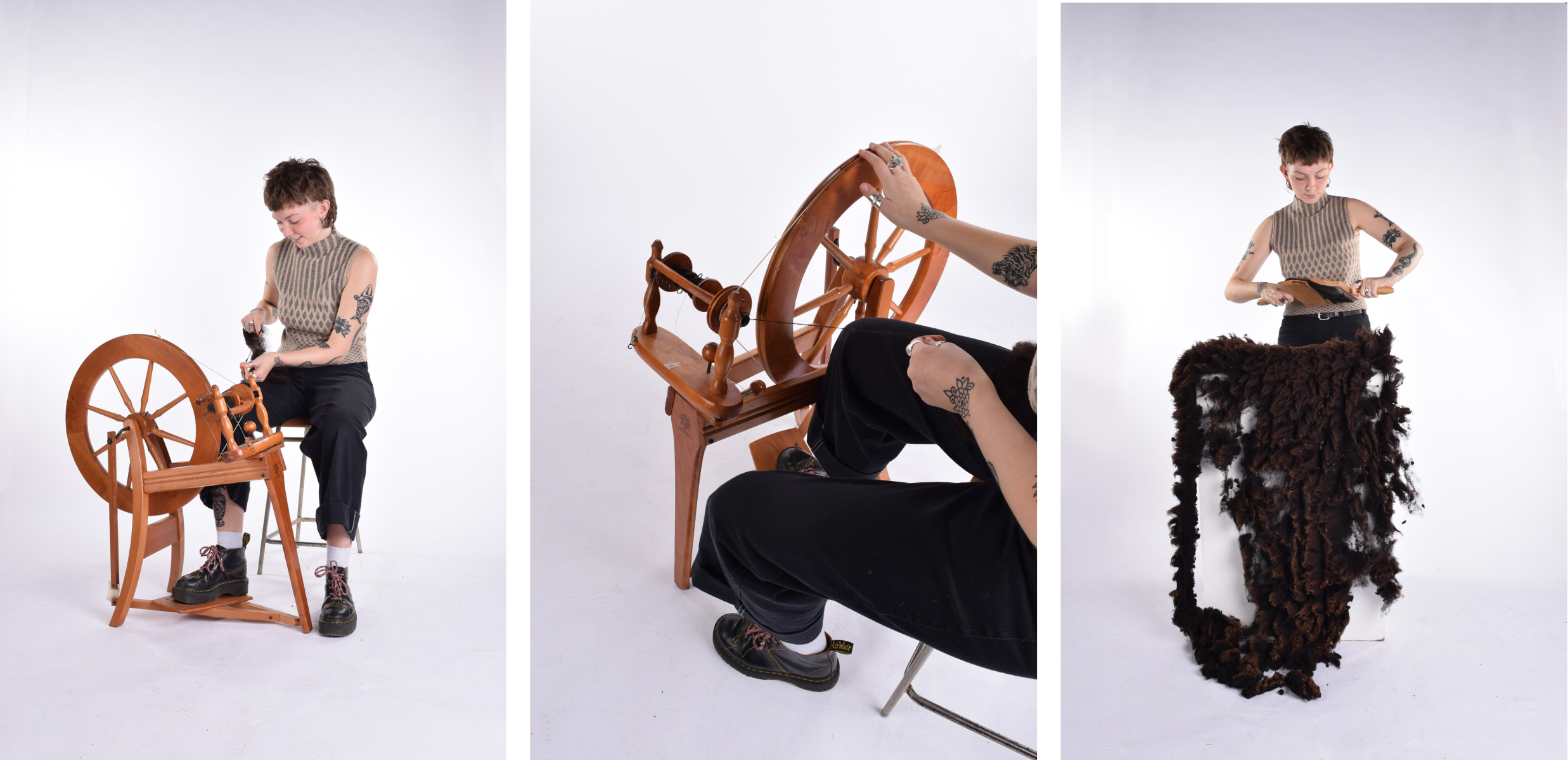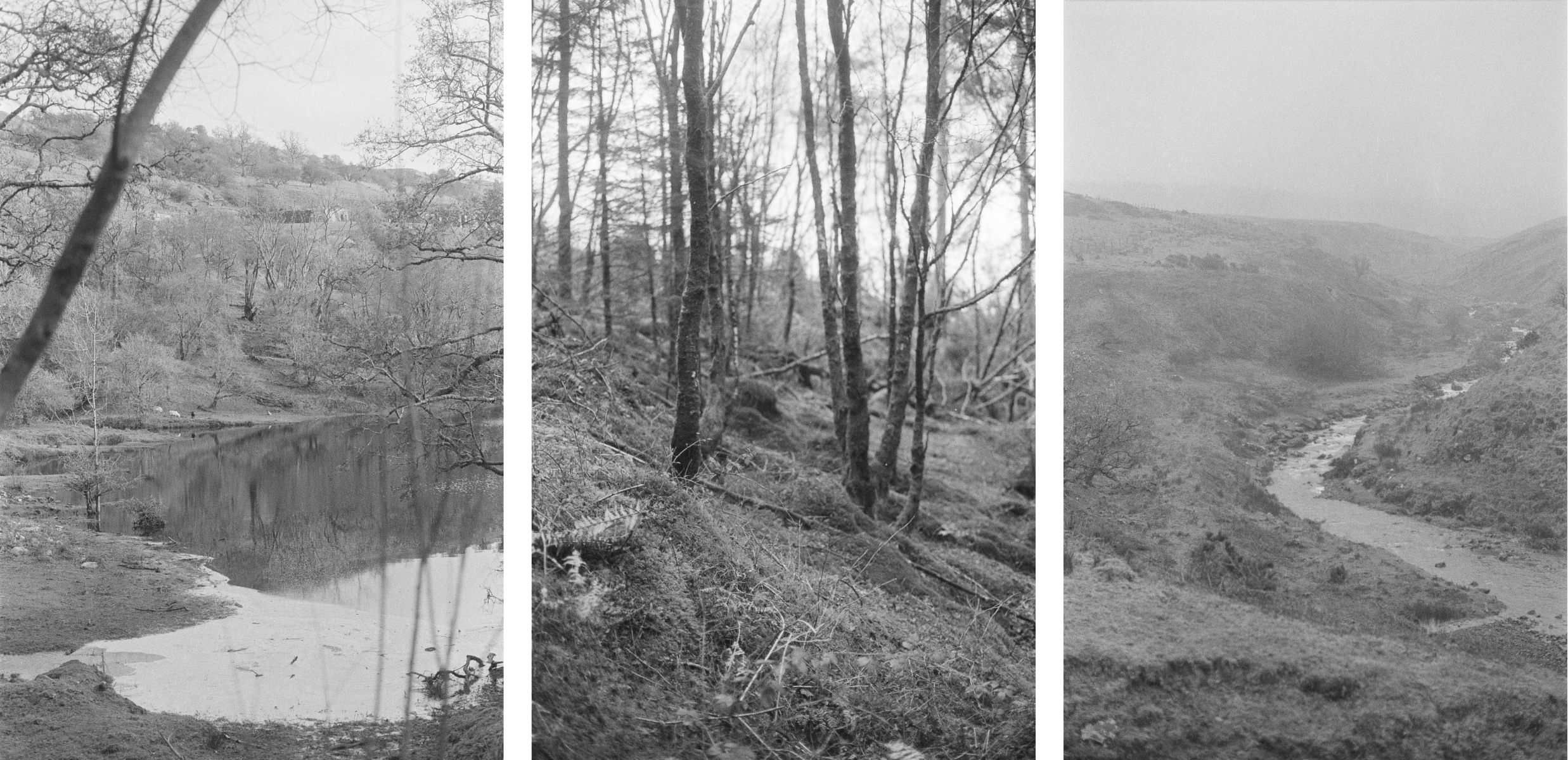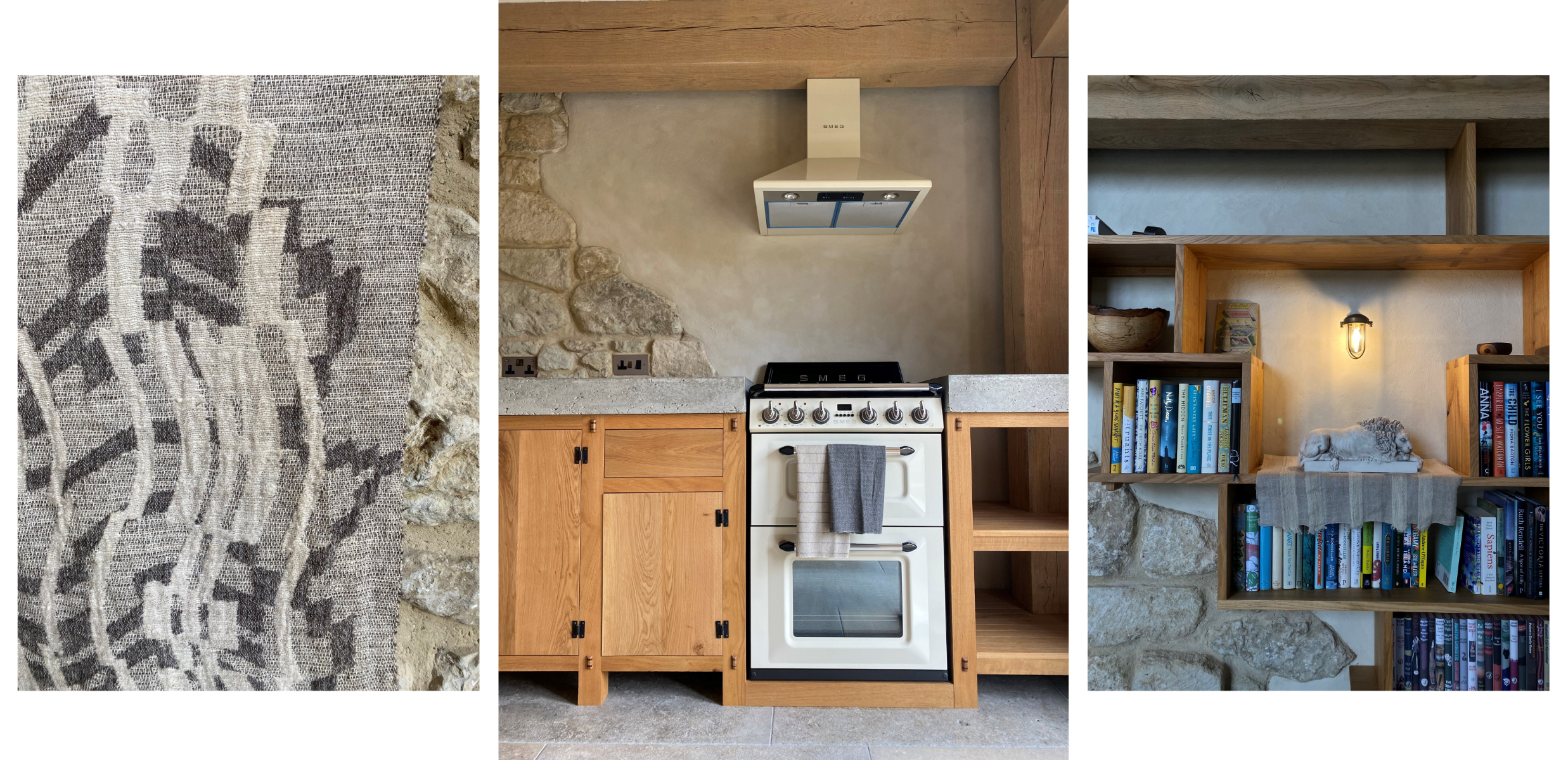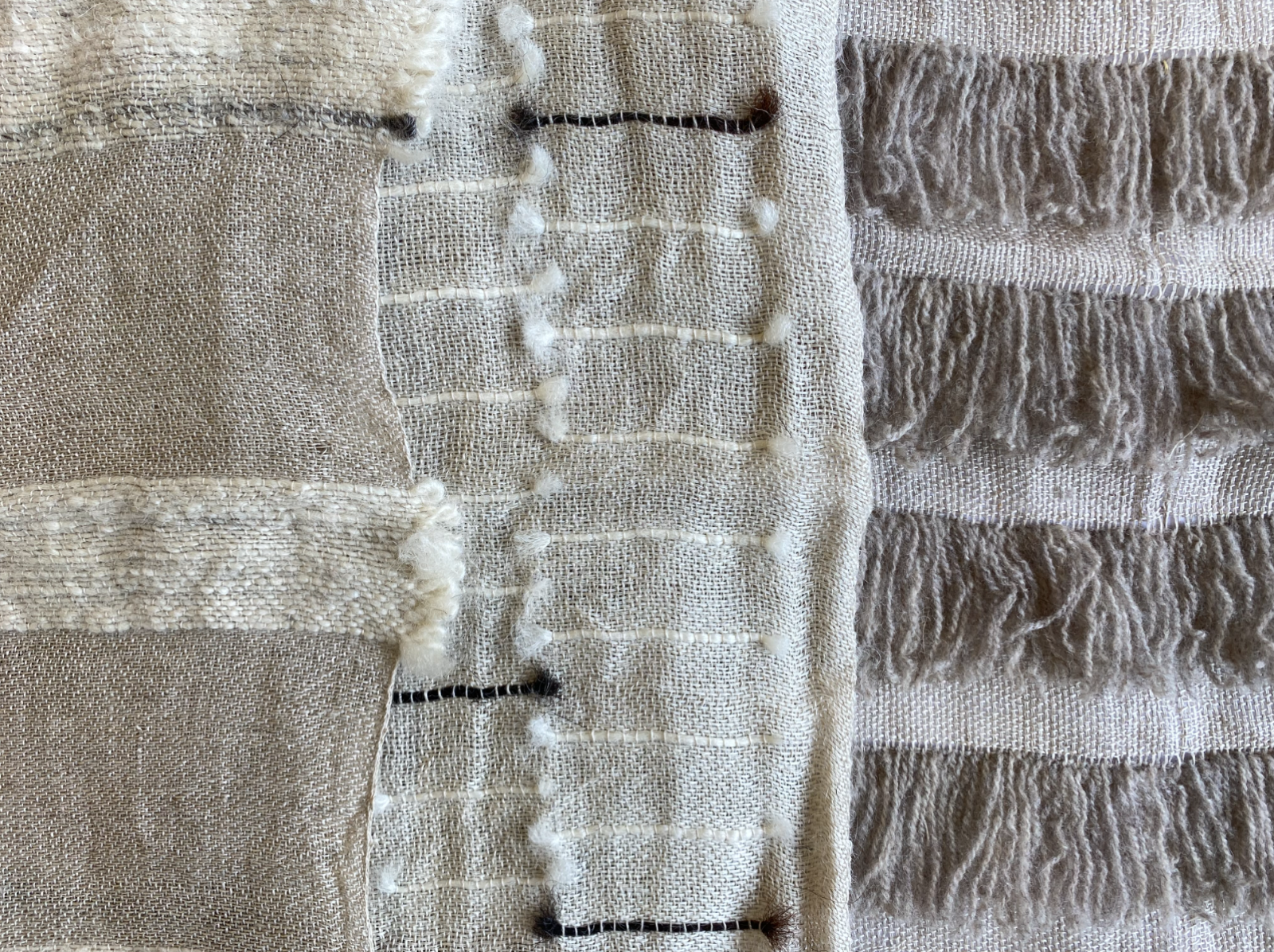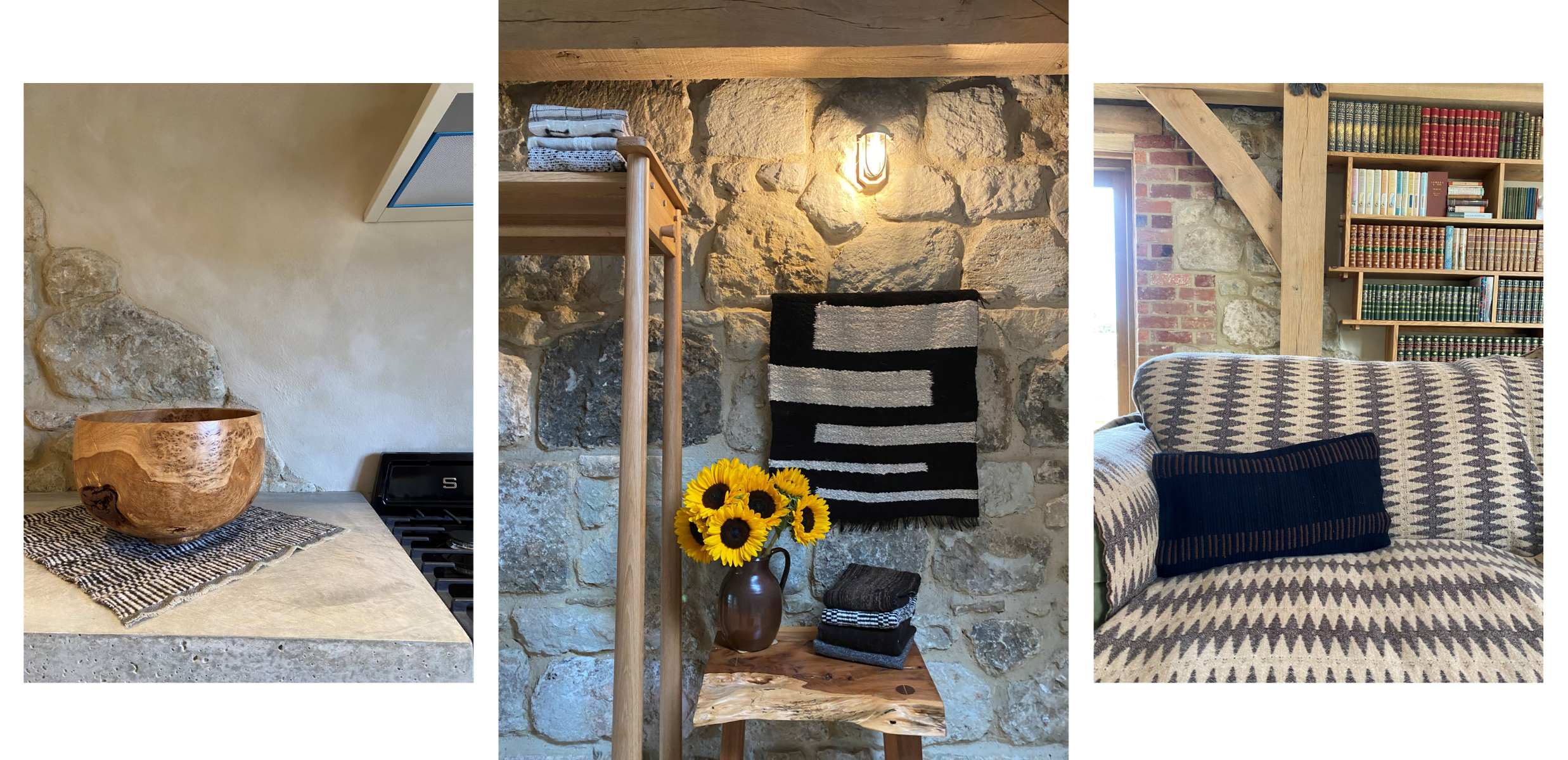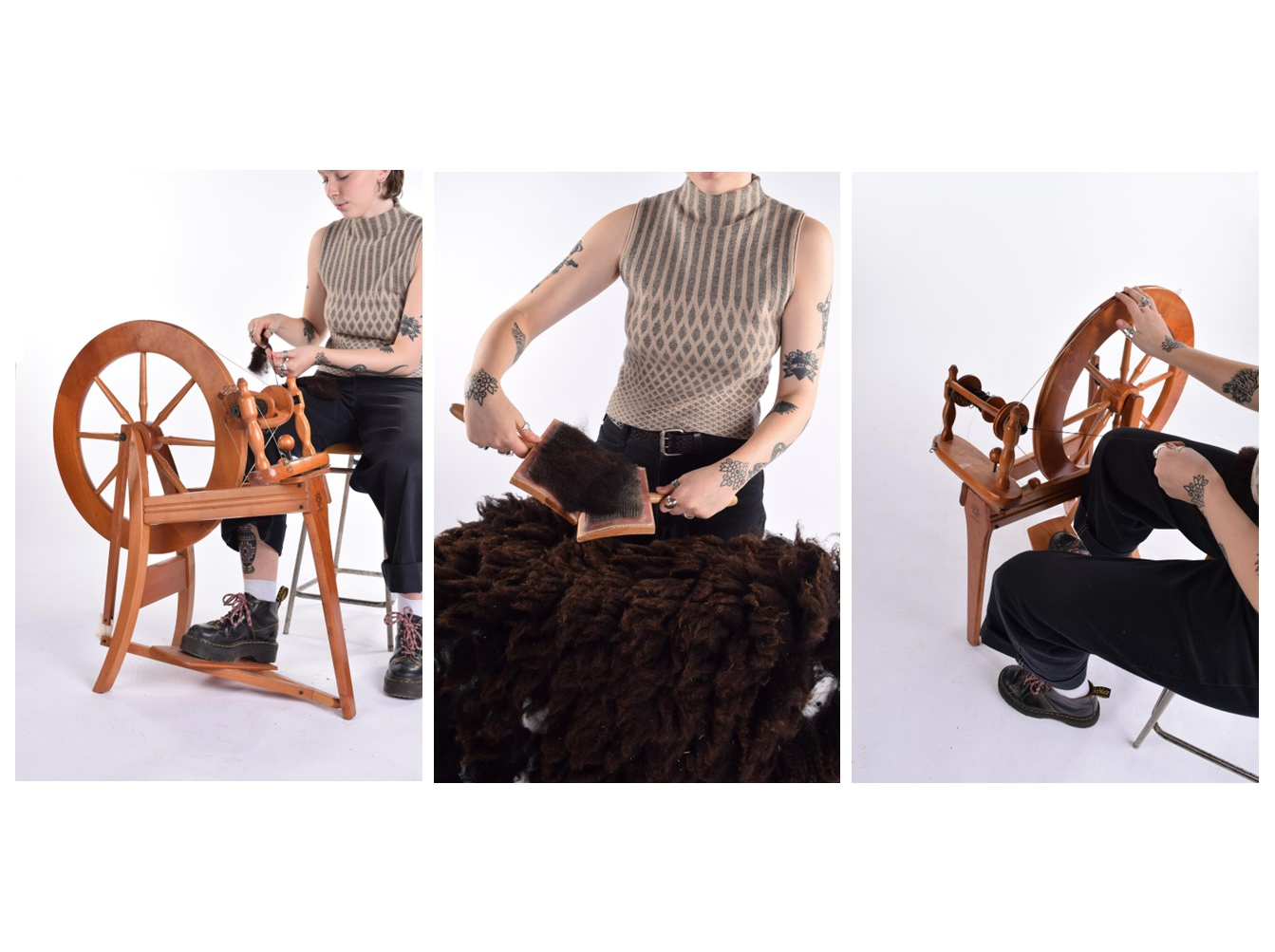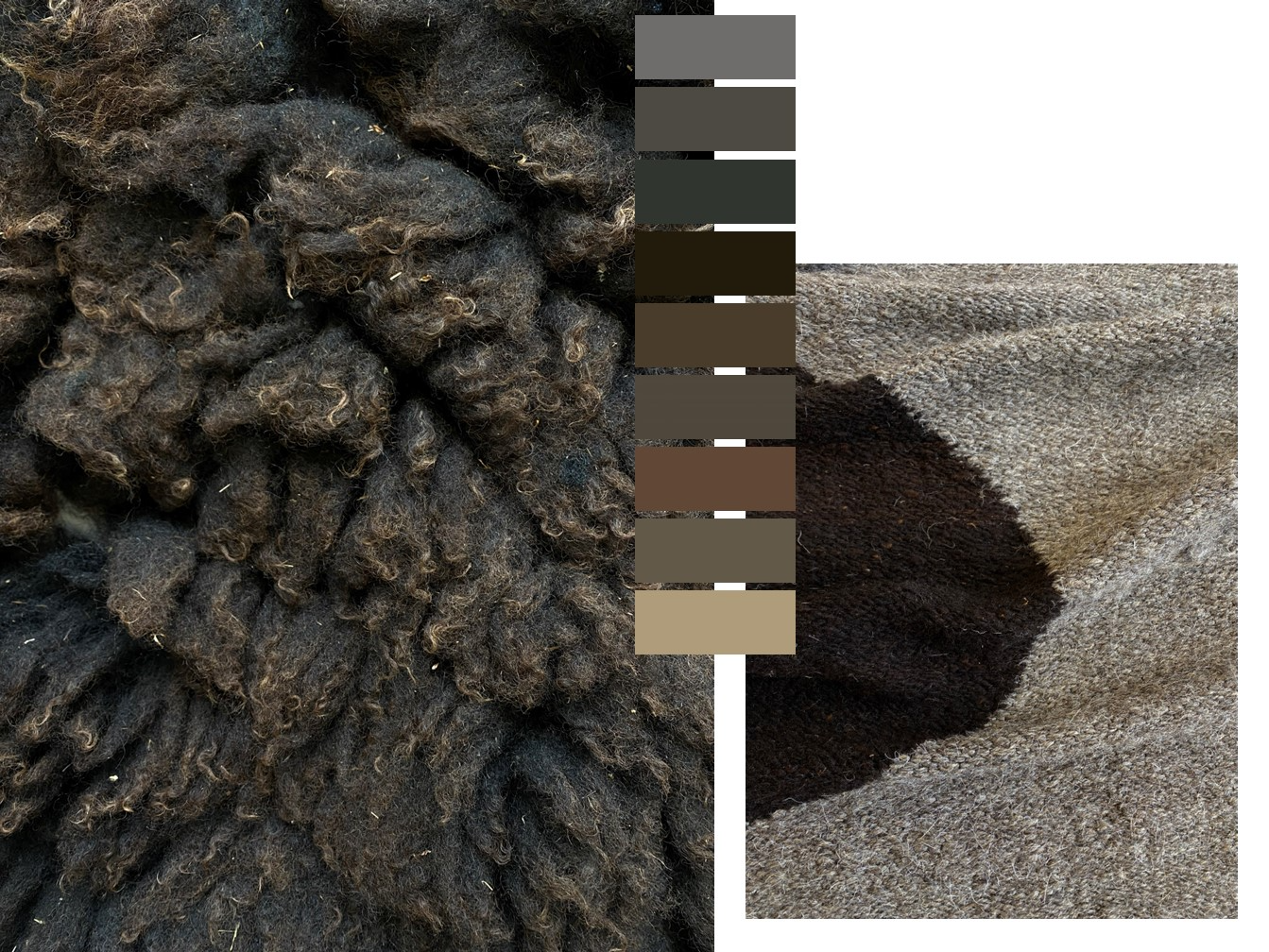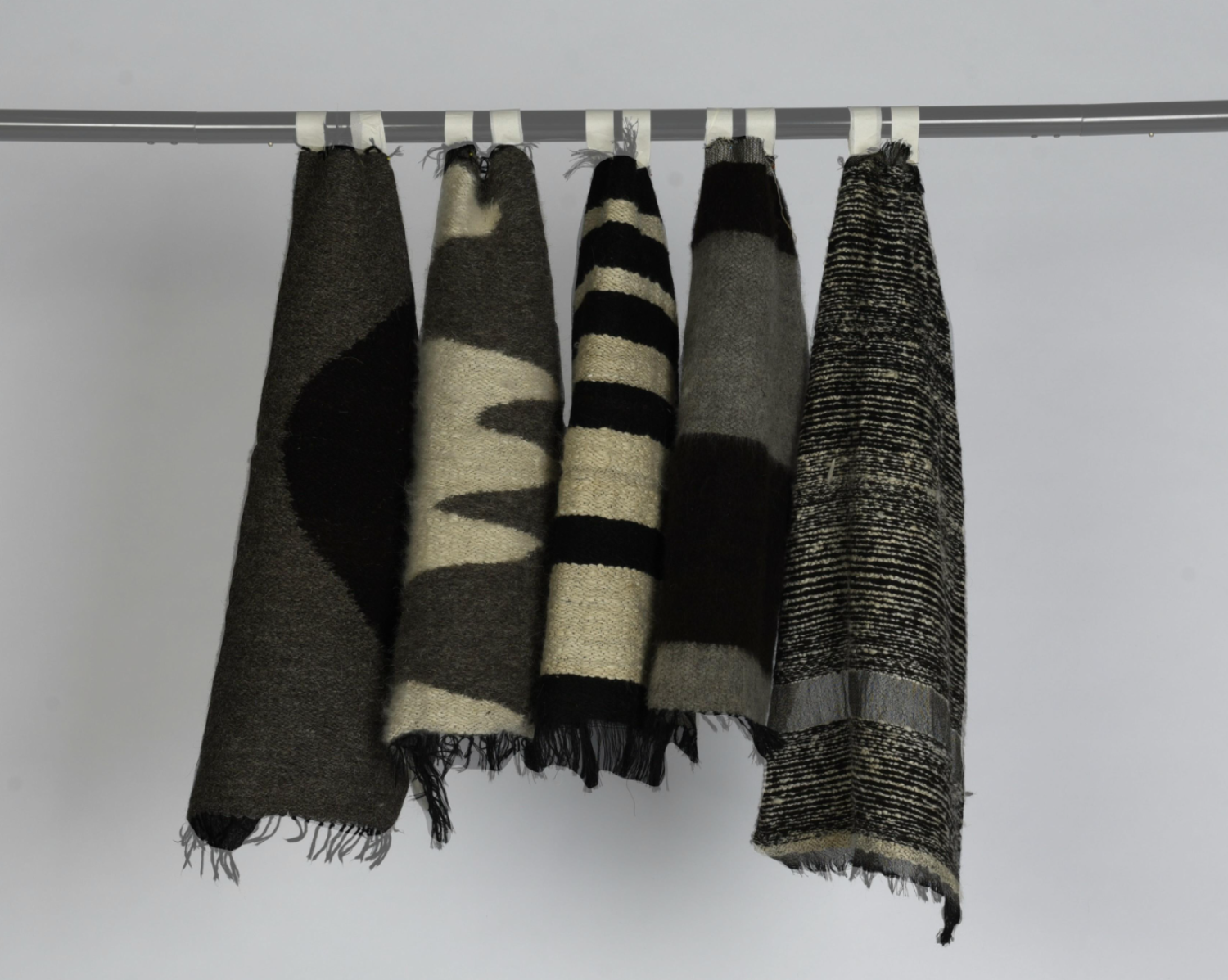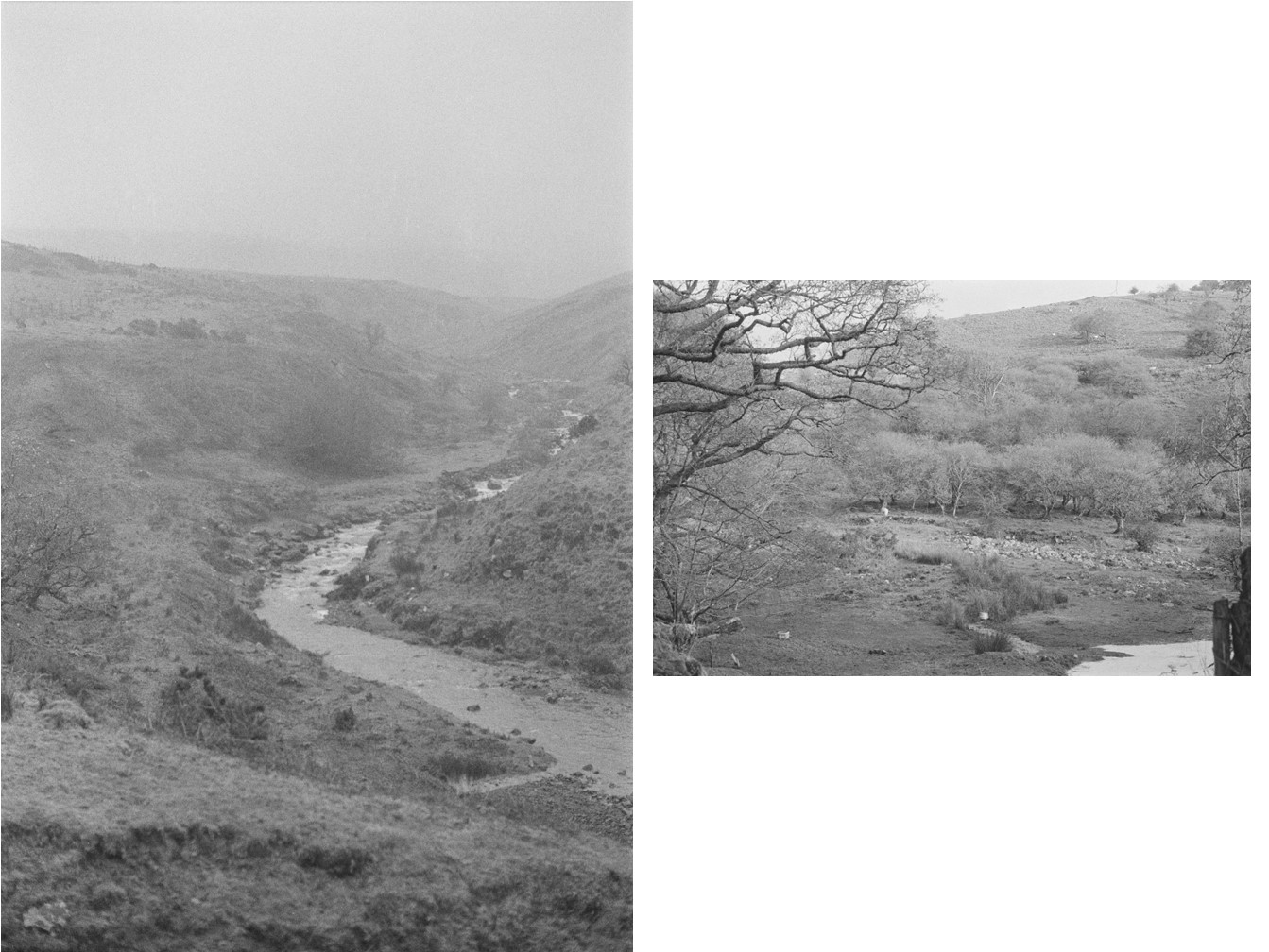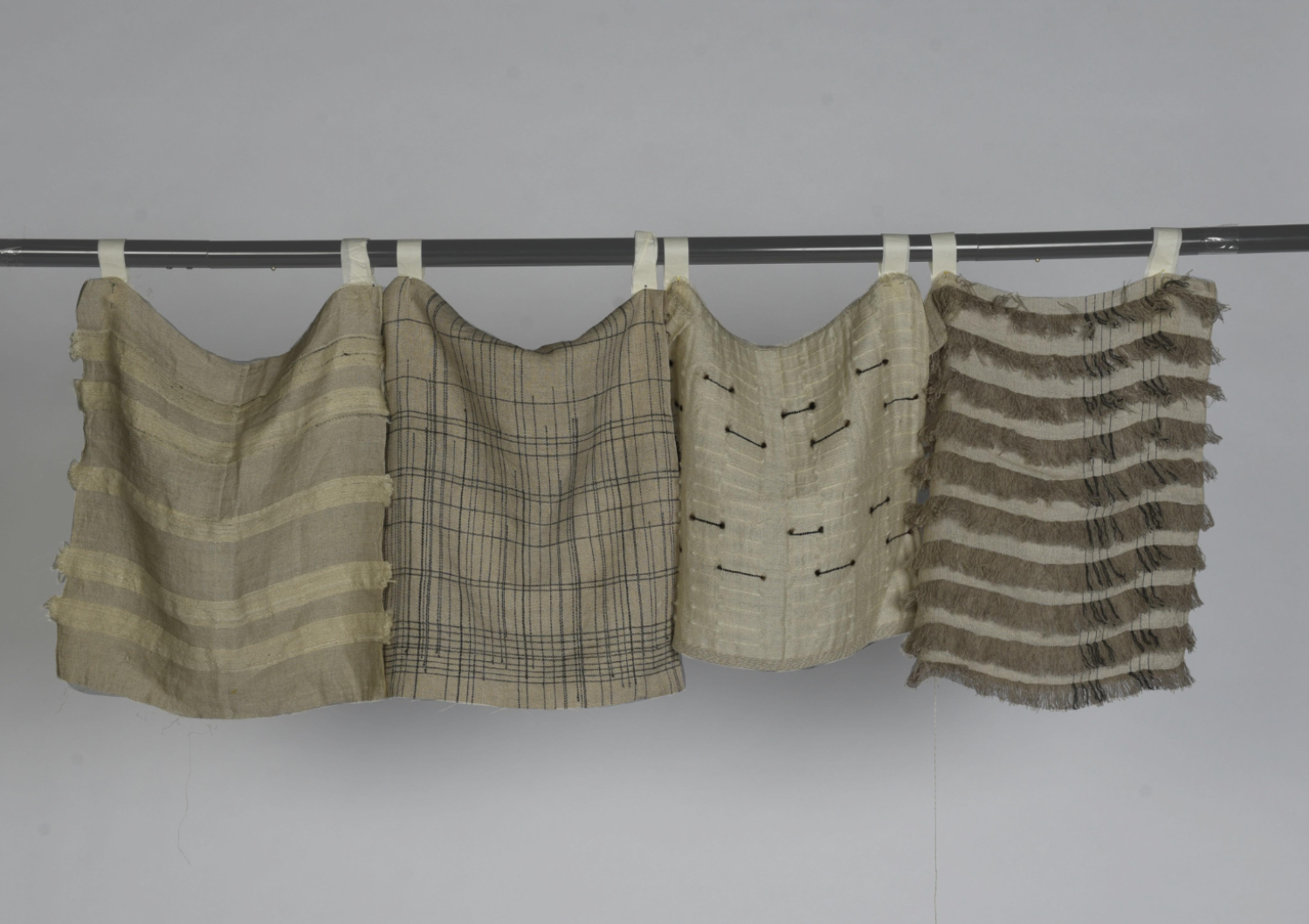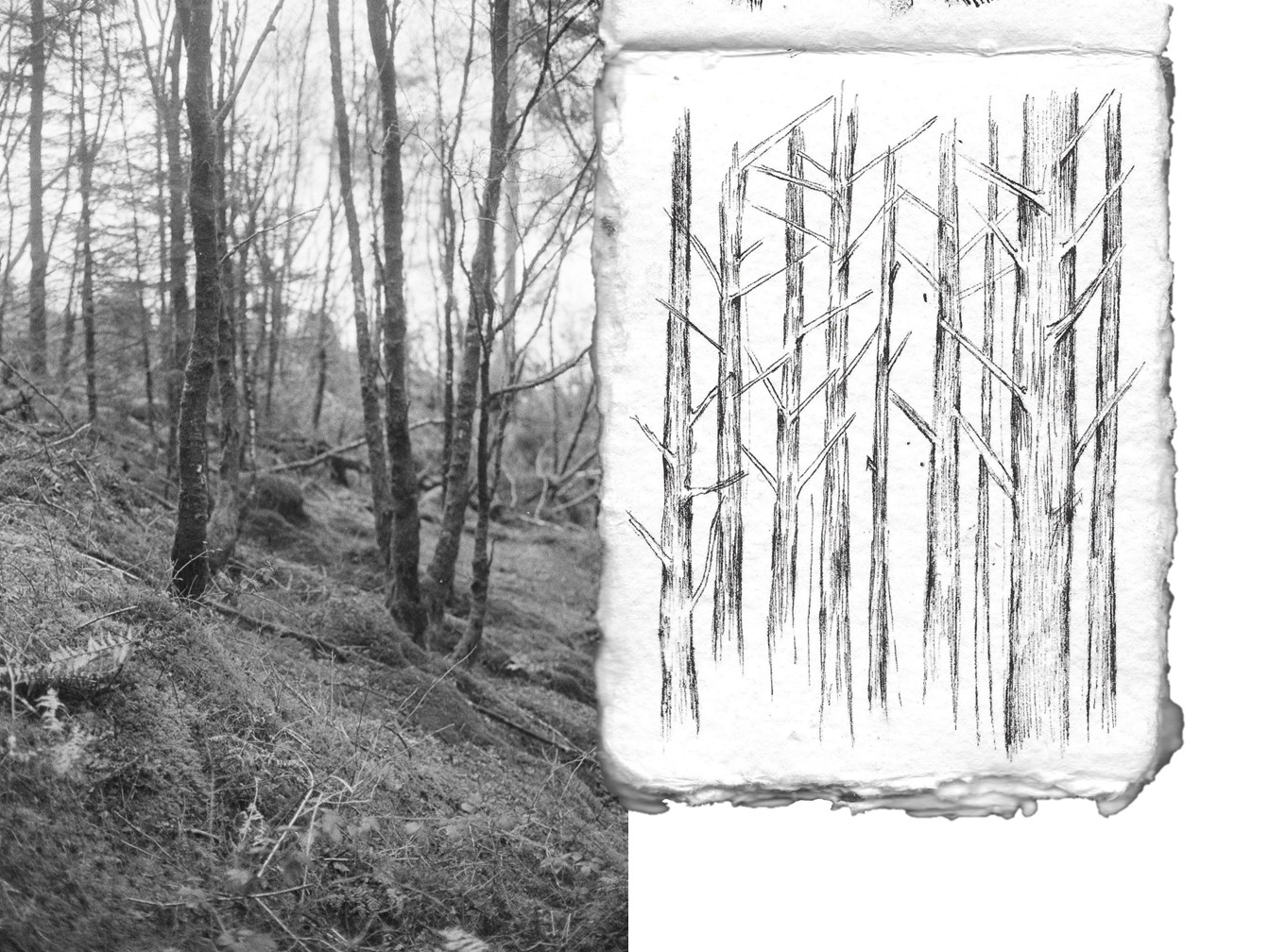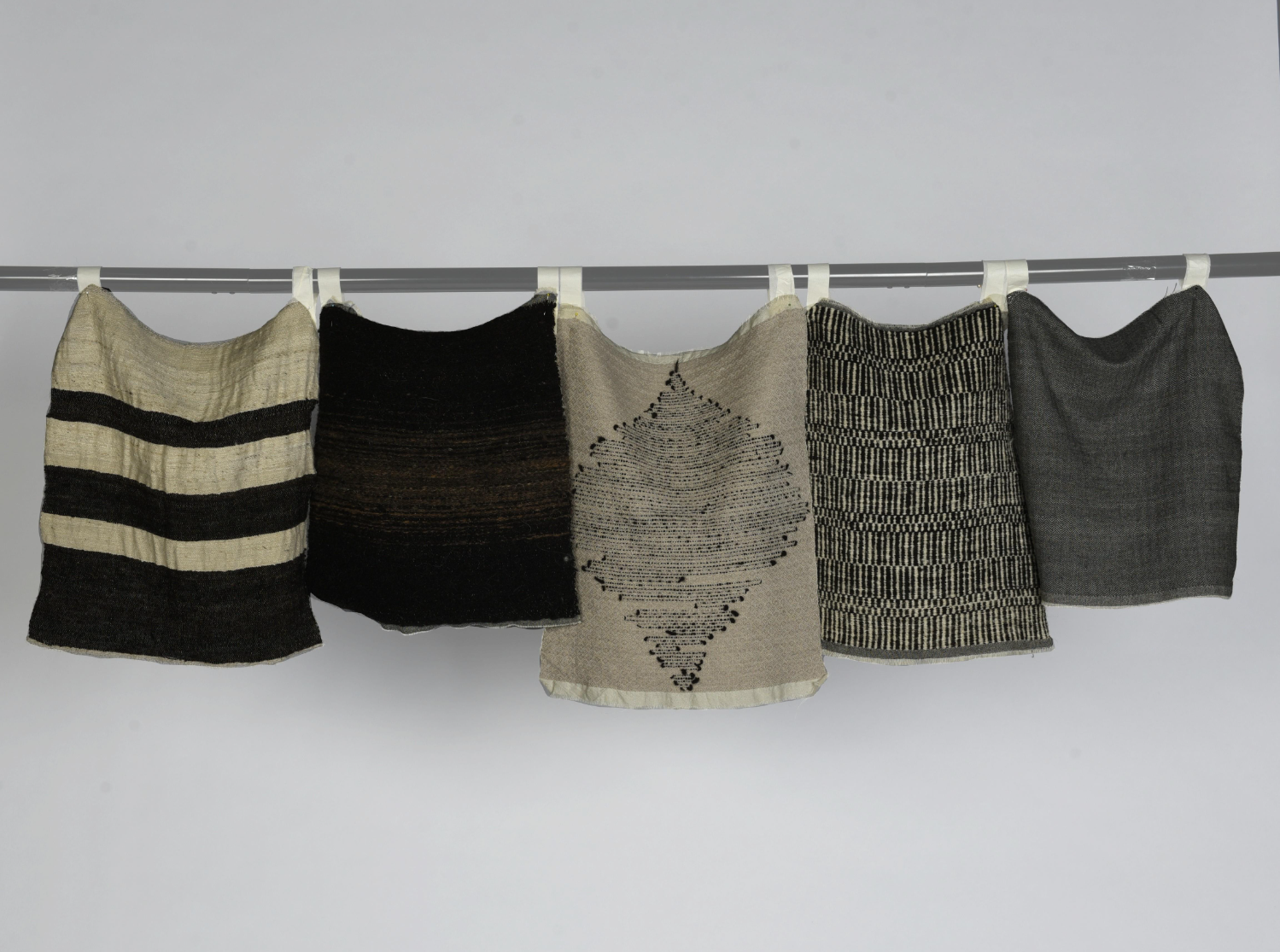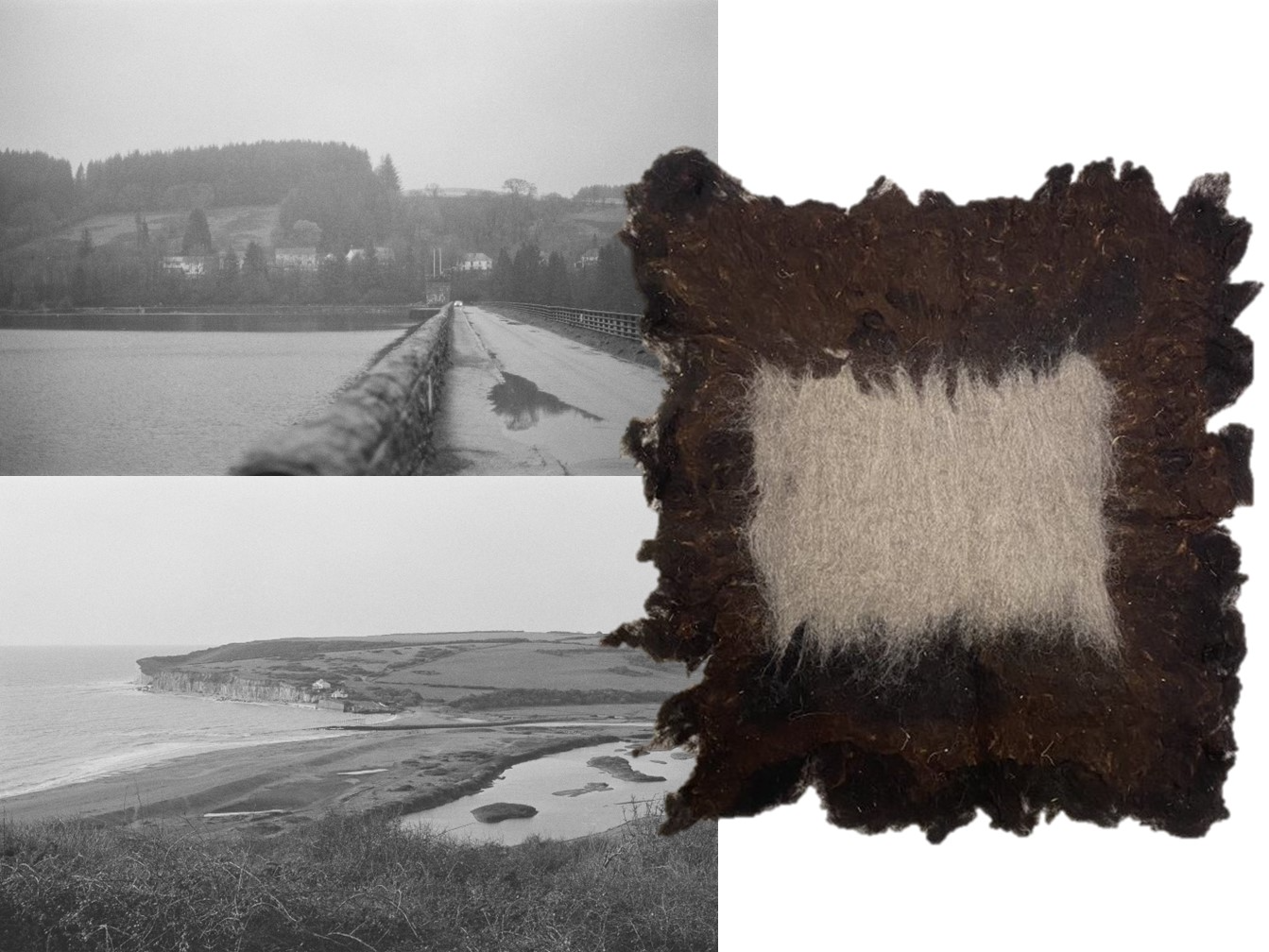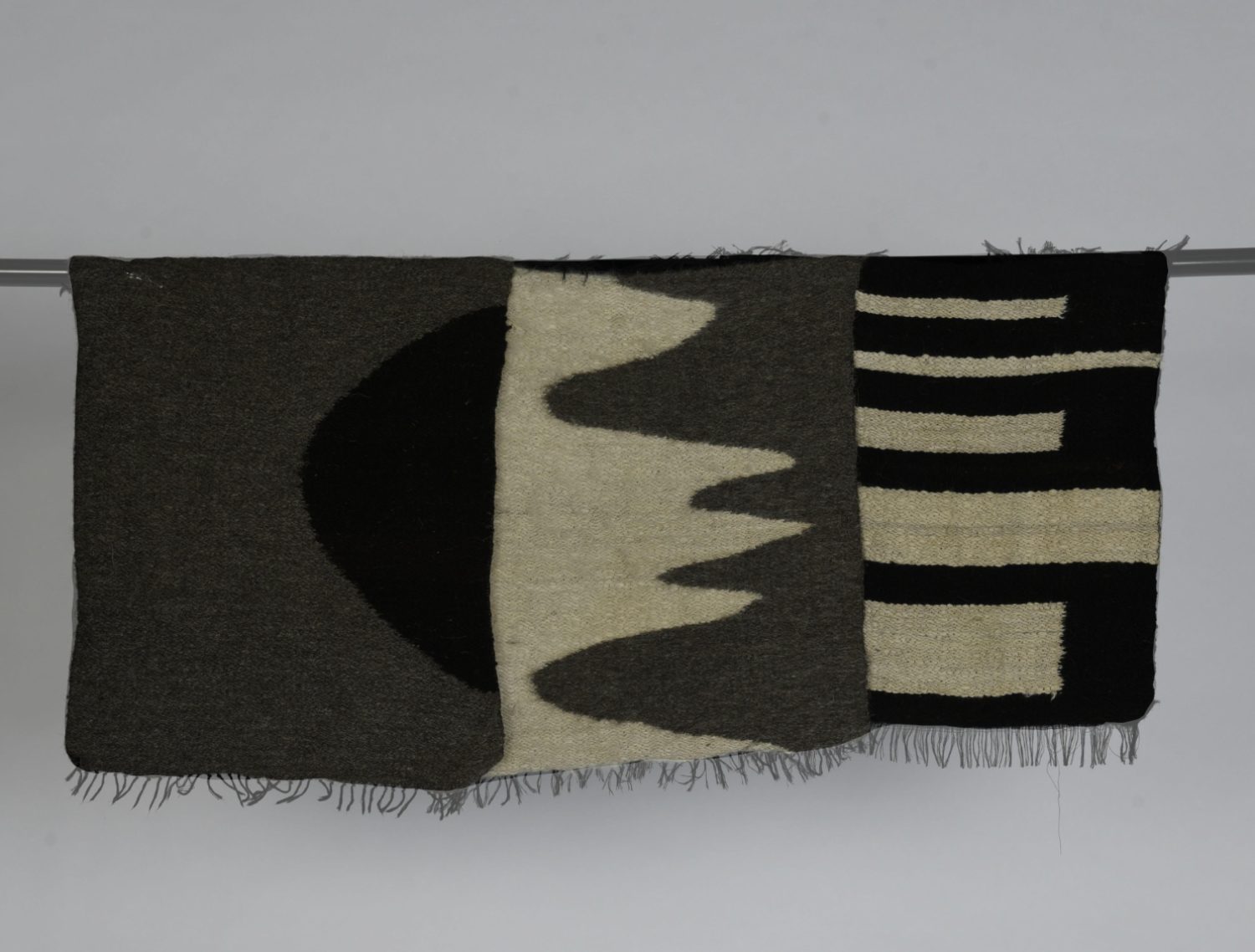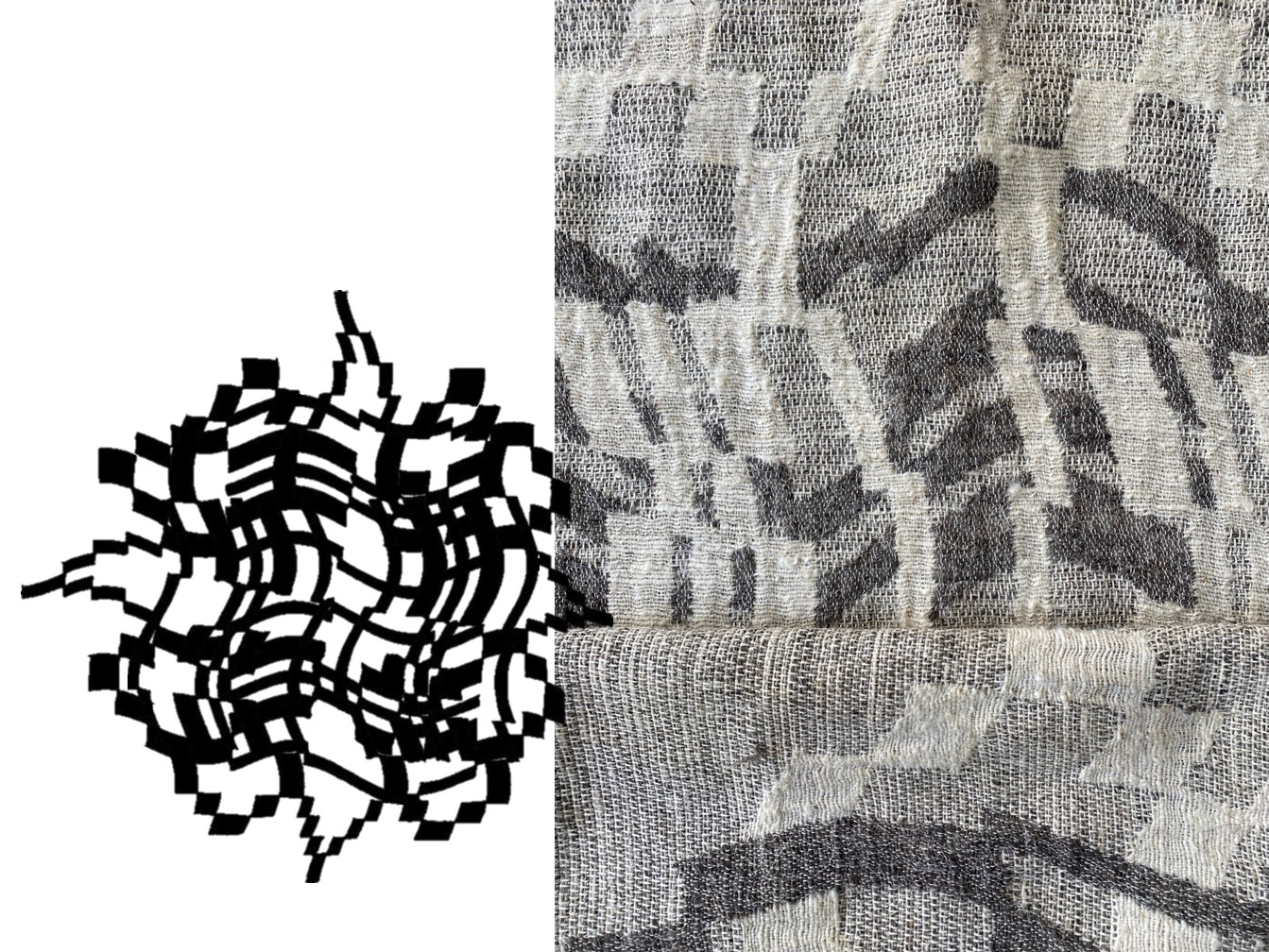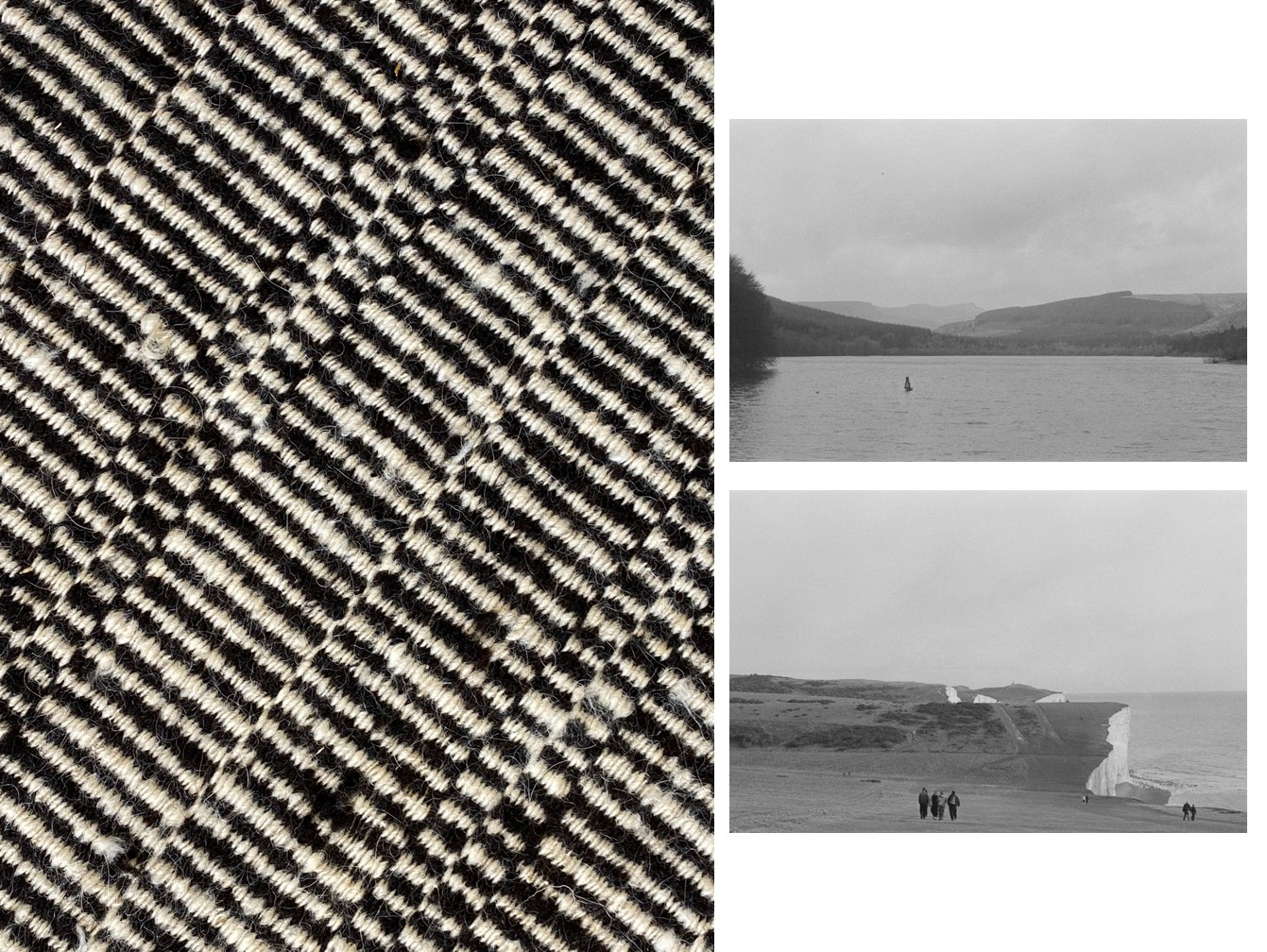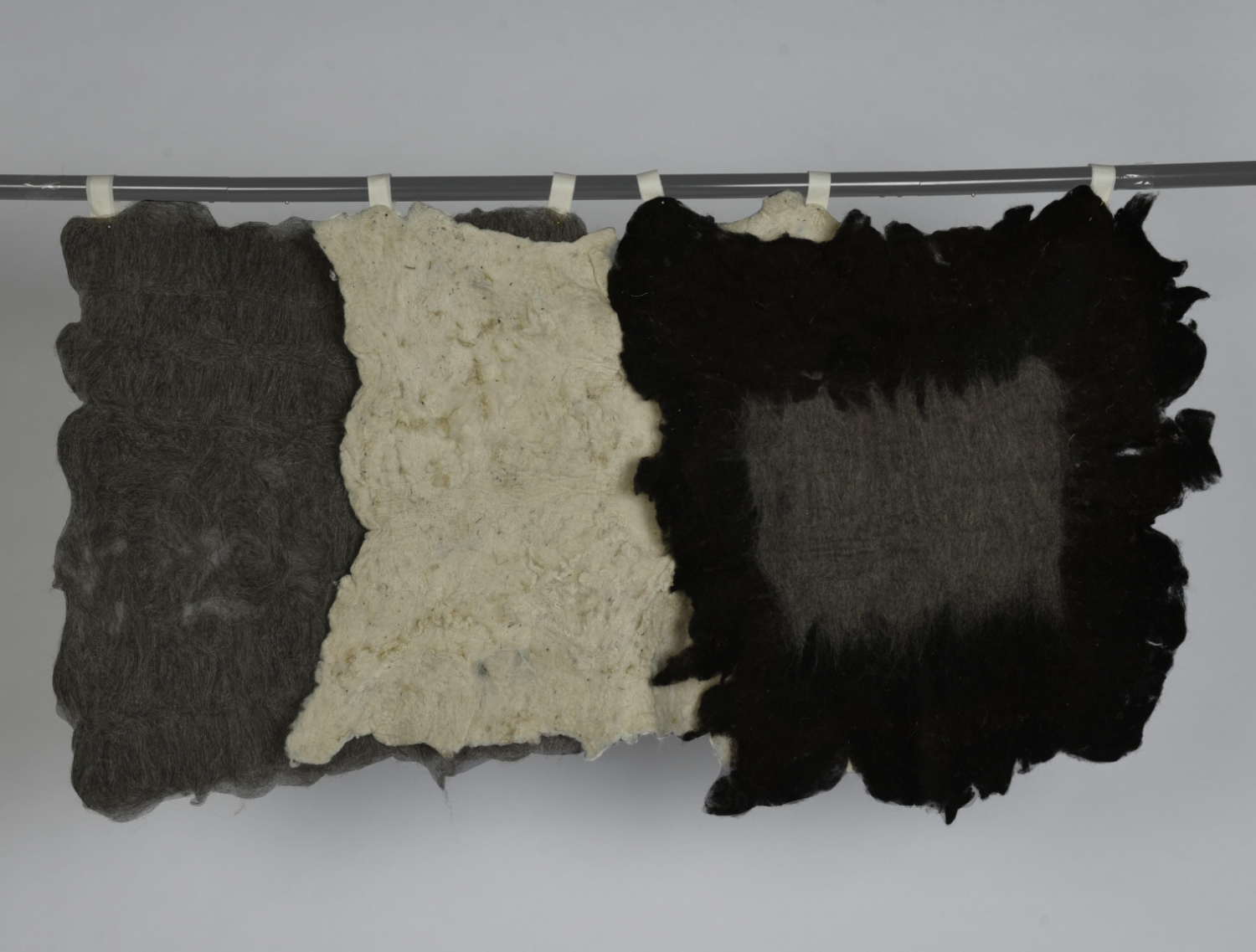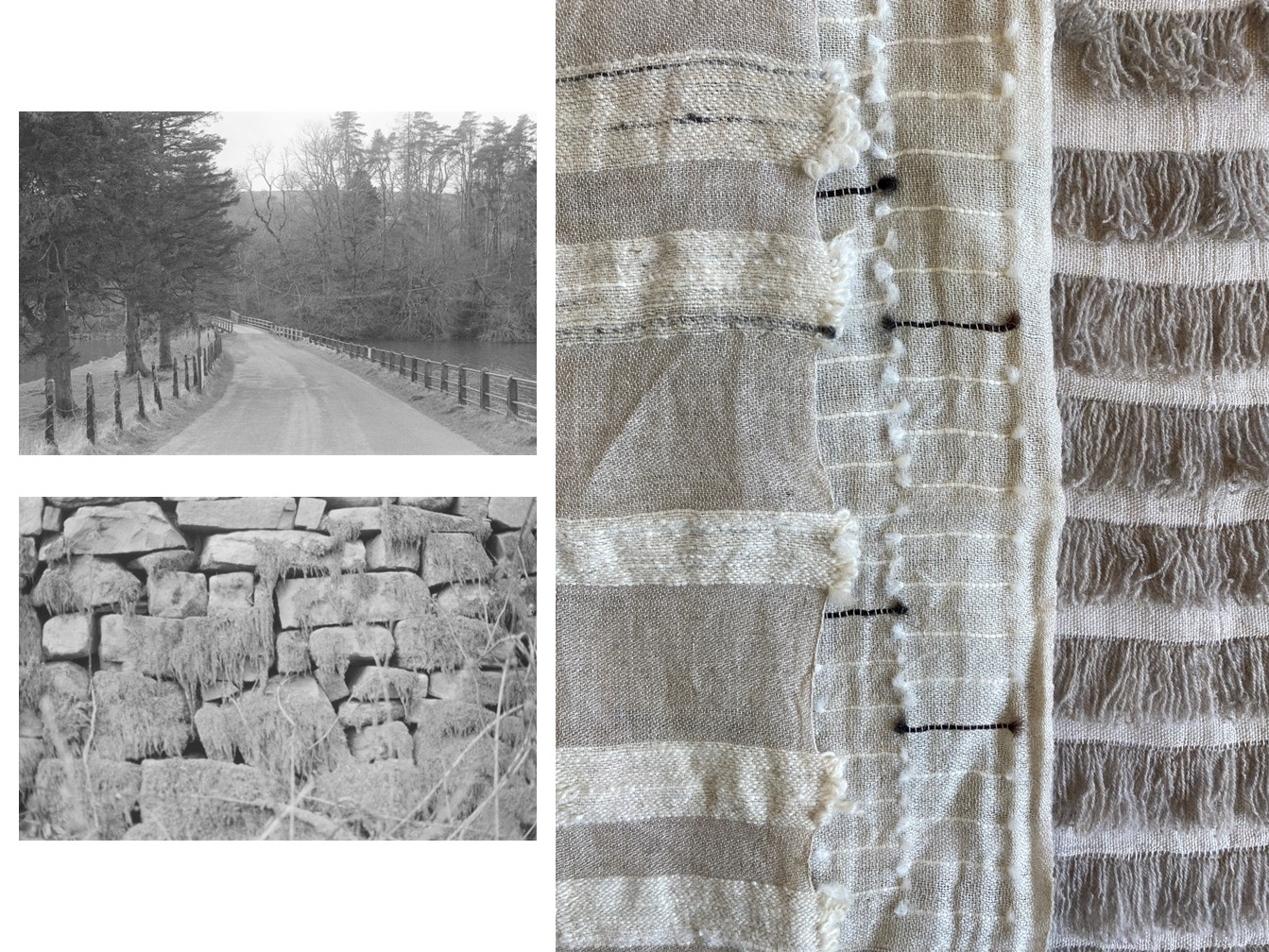Scarlett Farrer
Textiles with Business Studies BA Hons
University of Brighton
Specialisms: Textiles - Weave / Sustainable Fashion/Textiles / Textiles for Interiors
Location: London, United Kingdom
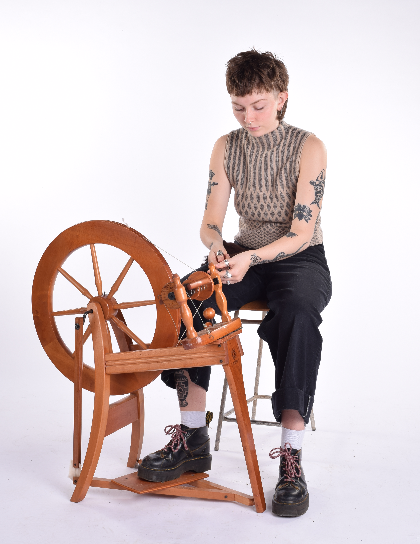

Scarlett Farrer

First Name: Scarlett
Last Name: Farrer
Specialisms: Textiles - Weave / Sustainable Fashion/Textiles / Textiles for Interiors
Sectors:
My Location: London, United Kingdom
University / College: University of Brighton
Course / Program Title: Textiles with Business Studies BA Hons
About
I am a textile designer who specialises in woven textiles, my muse is working with raw, natural animal wool.
After teaching myself to spin yarns on a small drop spindle in summer 2023, a passion has grown and shaped my interests to create a collection with hand spun yarns and large felted pieces.I work closely with local farmers using their unwanted sheep and alpaca fleeces and putting them to use rather than being wasted. Creating a sustainable cycle.
I have always taken inspiration from the natural landscapes which surround us and interpretive them though the blending of fibres and creating organic shapes.
Field to Fabric, hand spun, hand made.
The natural fibre wool is wonderful for many different reasons. It has been in circulation and cherished for thousands of years; however, it has started to decline in worth and desire. Over the past few years, the value of wool has reached a point of almost being worthless, particularly black sheep fleeces. Their wool is undesirable and useless within the woollen industry, often costing the farmers money and resources to dispose of the unwanted fleeces. The black sheep fleeces I use are sourced from a local farmer in Hampshire, they are donated to me from a farm located on a SEN school, called The Green Room School. Some of the fleeces I have been given have been in the barns for up to three years in bags, being unused and taking up space. By putting the fleeces to use, I’m closing the wool waste gap and creating something out of a product that was seen as unusable. During the summer of 2023 I decided to teach myself how to spin my own yarns using the fleeces I got from the farmers. I processed the raw wool by washing them to remove dirt and debris, I ensured that the soaps and detergents I used were nontoxic and safe for the environment. I then picked, carded, and hand spun the wool. I taught myself how to spin my own yarns using a small drop spindle after watching a few tutorials online. I believe that traceability and transparency in a production line is an important factor that all designers should put into play. For my final year project, I wanted to ensure that all my fabrics and textiles I made are completely traceable. I know exactly where the materials I use are coming from, how the animals are being treated and their living circumstances, I know who is processing the wools and how they are being made. There is full transparency in the products I make. I can ensure that they are curated under sustainable and ethical procedures. My collection is completely made up of natural fibres and materials, this would allow my products to be able to be reused and recycled multiple times, the fibres can be shredded and turned into new textiles. Wool is naturally compostable and over time will completely disappear into the earth, sheep and alpaca wools tend to take up to/around a year to fully decompose. When my textiles come to the end of their use, they will be able to be composted, producing minerals and nutrients to give back to the environment. My final major project for my degree, ‘Field to Fabric’ consists of over 30 different fabrics ranging from using hand spun yarns, felted fleeces, deadstock and locally sourced yarns. ‘Field to Fabric’, honours the great qualities the natural animal fibre, wool has to offer. From collecting and sourcing unwanted sheep and alpaca fleeces from local farmers in Sussex and Surrey to washing and preparing the fibres to be hand spun into yarns. The collection is made from completely natural fibres and colours, the yarns are curated and sourced completely sustainably, the wool is collected locally, washed using natural soaps, hand processed, woven and finished. The collection is created with sustainability as a priority and focuses on creating a circular production line.
Competitions

Global Creative Graduate Showcase 2024
The natural fibre wool, is wonderful for many different reasons. It has been in circulation and cherished for thousands of years; however, it has started to decline in worth and desire. Over the past few years, the value of wool has reached a point of almost being worthless, particularly black sheep fleeces. Their wool is undesirable and useless within the woollen industry, often costing the farmers money and resourses to dispose of the unwanted fleeces . ‘Field to Fabric’ has explored the qualities it takes to make a collection of woven fabrics traditionally, sustainably and 100% by hand, by working alongside local farmers from Sussex and Surrey, collecting their unwanted Black Welsh Mountain Sheep fleeces and alpaca fleeces and turning them into hand spun yarns. Inspiration has come directly from the countryside, looking closely at the surrounding environments and how the shapes and colours form the landscapes. Organic shapes and shades have been achieved by blending different animal fibres together. Traceability is a key modern-day characteristic. ‘Field to Fabric’ displays a clear journey the fibres have taken to be transformed into the fabrics they are. ‘Field to Fabric’ demonstrates where the materials originate, how they are being produced and show traceability of how they’re turned into fabrics.
Competitions
